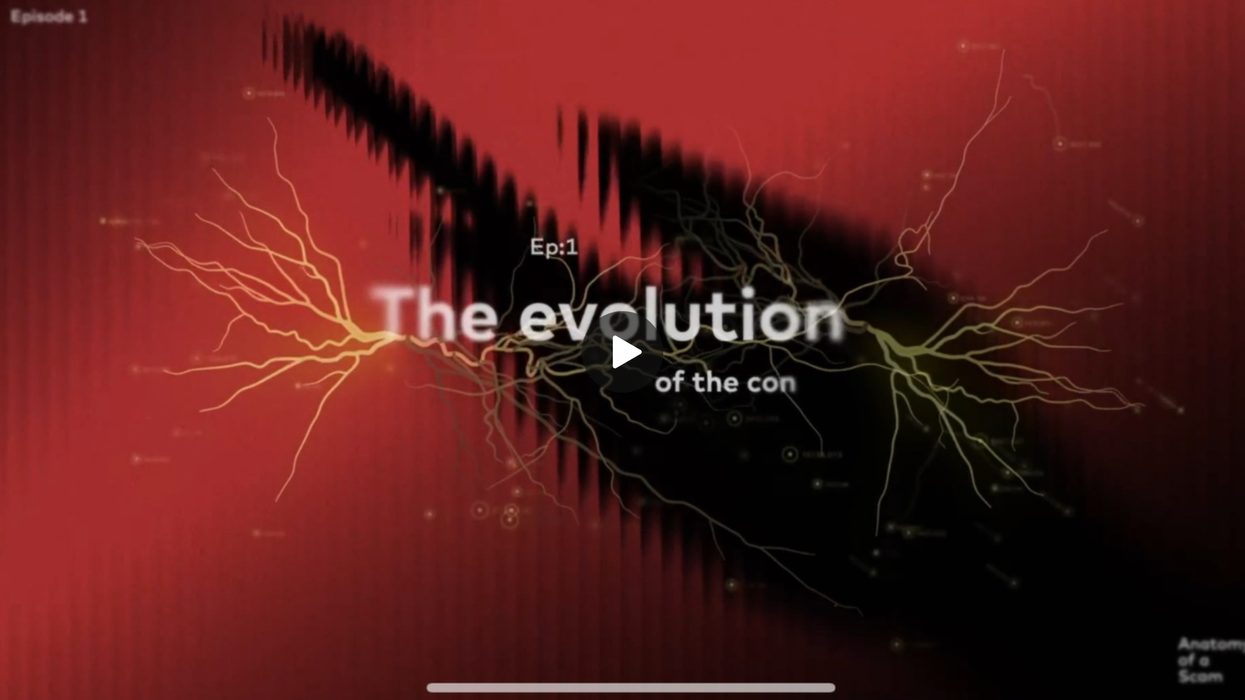Macron’s Next Challenge– All French leaders seem eventually to face the same problem: Reform plans provoke resistance from workers and students. The protesters win public support. The president or prime minister is forced to back down—and then pilloried for his weakness. Tomorrow, Emmanuel Macron faces “Blocage du Novembre 17,” a protest in which people wearing yellow sweaters plan to block more than 1500 roads all over France to protest his diesel tax. A new poll says 65 percent of the public supports the protest and 42 percent intend to participate.
The Rise of China – Not sure we’re right about the power of the moving image? Check out this motion graphic on the rise of China.
Cuban officials in American hotels –A Hilton hotel in southwestern Japan turned away the Cuban Ambassador to Japan this week, citing US sanctions on the island nation. Japanese officials are furious. The US government should have learned decades ago that no good can come from pushing Cuban officials out of American hotels.
WHAT WE'RE IGNORING
Rubber Lenin –Speaking of being forced from one’s lodgings, Vladimir Petrov, a Russian lawmaker, says it’s too expensive to keep former Soviet leader Vladimir Lenin on display in the Red Square Mausoleum, where his body has been exhibited since his death in 1924. He proposes burying Lenin in 2024 on the 100th anniversary of his demise. He does believe the Mausoleum should remain open, perhaps with a rubber version of Lenin instead. This is not fake news. Your Friday author knows the story of Rubber Lenin is true, because he saw it in Pravda.
Duterte power naps – On Wednesday, Philippine President Rodrigo Duterte, a man who has cultivated an image as a virile, no-nonsense problem-solver, missed four scheduled meetings at the Association of Southeast Asian Nations (ASEAN) summit in Singapore. Apparently, he was sleeping. Don’t worry, said a presidential spokesman. Duterte doesn’t sleep as we do. These were “power naps.”
Gait recognition – What good is facial recognition surveillance software if the camera can’t see your face? In China, authorities have begun using software that can identify a person by body shape and how they walk. This will never work, in our opinion, because clever people can easily adjust their gait.


















